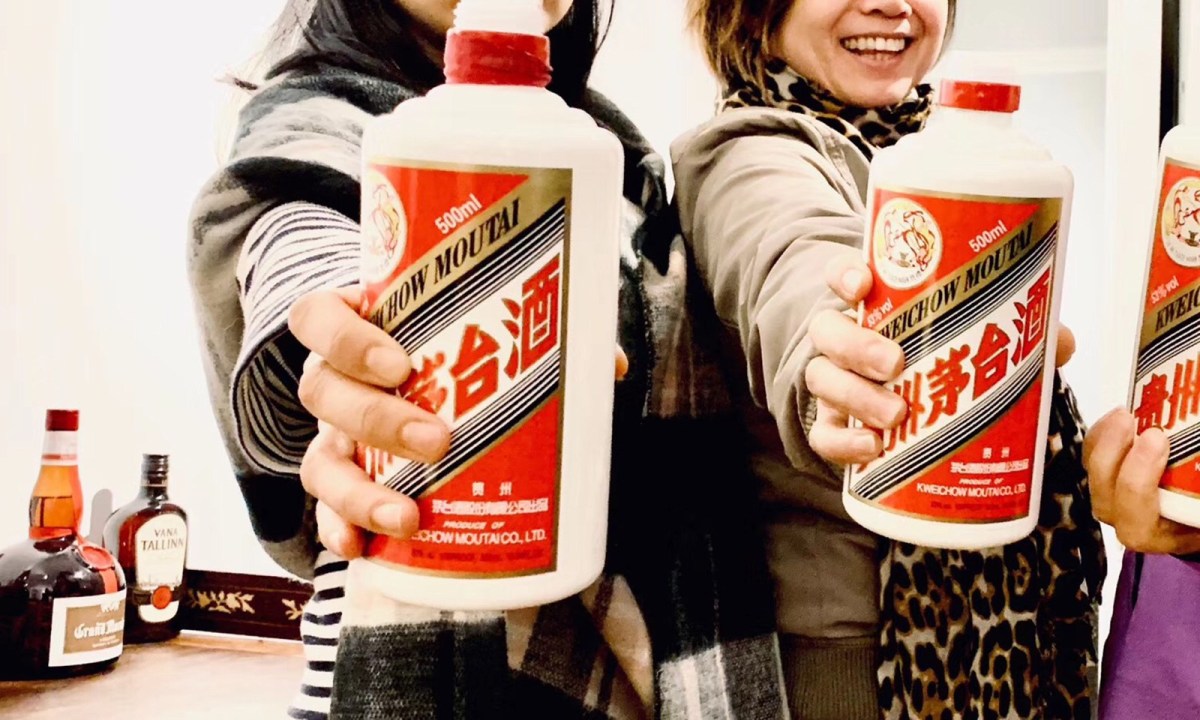[ad_1]
Alcoholic beverage stocks trading at bubbly prices fell sharply after trading resumed at the end of the Lunar New Year, while underpriced financials gained. The largest component of the CSI 300 by market capitalization, Kweichow Moutai, dropped by 12% over pre-New Year close and by 7% in Monday’s session alone. The liquor manufacturer had been trading at more than 70 times projected earnings.
Banks and insurers, meanwhile, mostly gained. The major Chinese banks are trading at four to five times projected earnings, close to the extreme low end of their long-term range. PetroChina also rose with oil prices.
For the CSI 300 Index as a whole, the most richly-valued stocks were the worst performers, suggesting that the market’s overall decline reflected a value rotation. Because the most highly valued stocks figured disproportionately in the market capitalization of the index, the overall index declined.
The chart below compares the ratio of stock price to projected earnings per share for the top 100 names in the CSI Index to price performance over the past week.
Notably, every stock with a price-earnings ratio above 50 fell, while most stocks with a price-earnings ratio below 20 gained.
Some brokerage-house analysts have suggested that the prospect of monetary tightening on the part of the People’s Bank of China is responsible for the market pullback. That probably isn’t the case. To begin with, Chinese consumers typically do not borrow in order to buy alcoholic beverages, and the Kweichou and its peers in the industry are less exposed to the credit markets than most Chinese companies. Secondly, expectations of monetary tightening are extremely modest. The 10-year Chinese government bond yield has risen slightly during 2021 to date, but remains below its November 2020 peak.
The interest rate that the PBOC controls most directly, the benchmark 7-day repo rate, is trading inside its recent range.
The Chinese authorities want to reduce leverage in the system, to be sure, but there was no new information in the market during the past week on the subject of de-leveraging. The most likely explanation for the modest pullback in Chinese stock indices is that Chinese consumers came back from the New Year holiday and took profits.
[ad_2]
Source link













